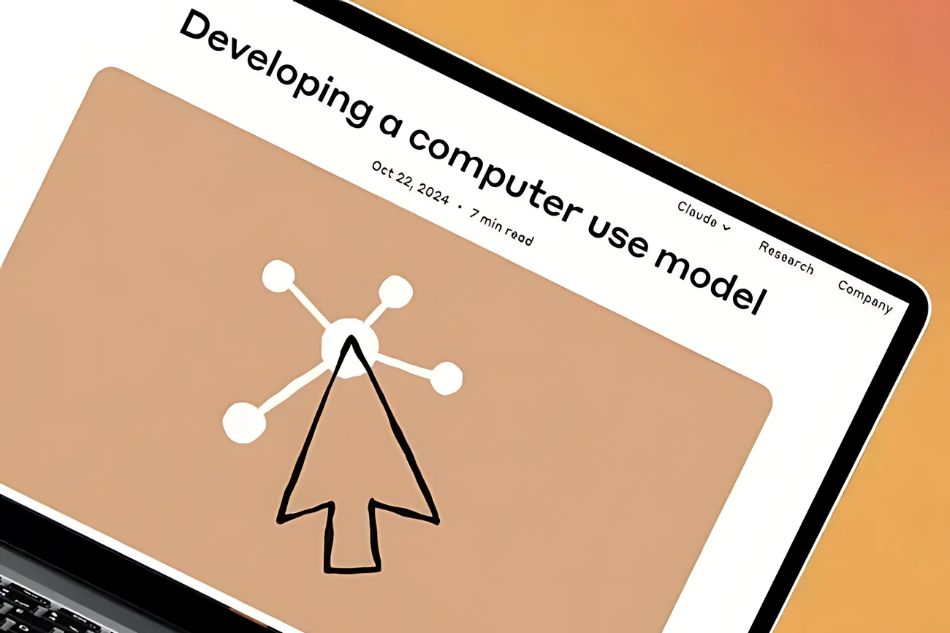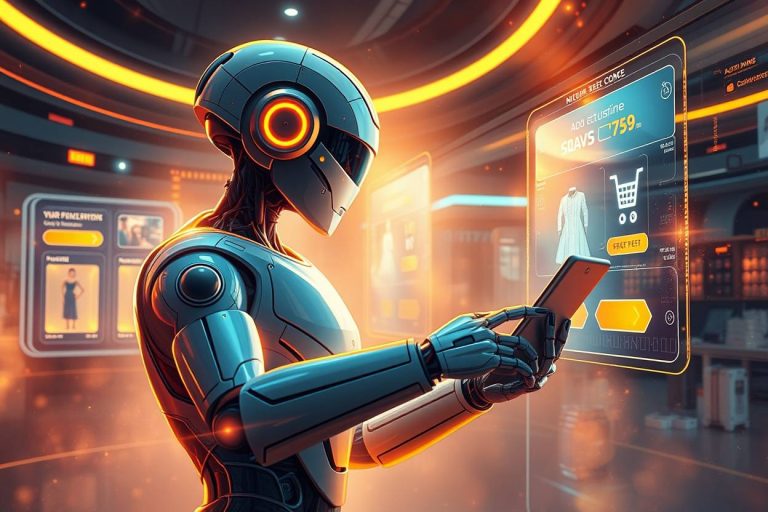Claude AI computer use feature sets new standards in automation and AI agents

San Francisco, CA – October 2024 – Anthropic has unveiled a cutting-edge feature in their Claude 3.5 AI model, marking a significant leap in AI capabilities. Known as the “Claude AI computer use” feature, this new functionality allows Claude to interact with a computer autonomously—moving the cursor, clicking, typing, and navigating across applications. Available in public beta, this technology positions Claude as one of the first AI models able to perform tasks on a computer interface without human intervention. Targeted at enterprises and advanced tech users, Claude’s autonomous capabilities aim to streamline workflows and enhance productivity by taking over repetitive, multi-step tasks.
How to access Claude’s autonomous computer control
Claude 3.5’s computer use feature is currently available in public beta, providing an opportunity for users to experience AI-driven computer control firsthand. It can be accessed through Claude’s platform interface or via an API for select companies partnered with Anthropic, including some in project management, creative design, and tech consulting. Anthropic is actively gathering feedback from beta users to refine its functionalities and address any limitations.
Who is this feature targeted for?
The computer control use feature is primarily aimed at businesses, developers, and tech-savvy users looking to improve productivity by automating repetitive computer tasks. Early adopters include industries like project management, content creation, and software development, where task automation can save hours of manual work. Enterprises with established digital workflows are expected to see the most immediate impact, especially those managing high volumes of data entry, document handling, and standardized task flows.
Tasks Claude AI computer use can handle
Claude’s new feature allows it to interact with a computer in ways that mimic human actions on an interface. Here’s a breakdown of the tasks it can perform:
- Data Entry: Filling out forms, inputting data into spreadsheets or databases, and transcribing data from documents.
- Basic Web Navigation: Opening and closing tabs, entering search queries, and navigating through online forms or portals.
- Application Control: Operating software like email clients, CRM systems, or file management programs, including sending messages, creating tasks, and sorting documents.
- File Handling: Renaming, organizing, or relocating files within folders—useful for structured data management.
- Automated Research: Claude can search across websites and copy relevant information for tasks like market research or competitive analysis.
- Complex Multi-Step Tasks: Completing processes that require a sequence of actions, such as updating project management tools or processing customer records.
Who can use Claude 3.5’s autonomous capabilities?
Currently, enterprise clients and tech-forward companies are leading the charge in adopting this technology, particularly those looking to reduce repetitive administrative work. Anthropic’s partnerships with tech-centric companies like GitLab and Asana demonstrate that Claude’s computer control capabilities align well with project-based industries and collaborative environments. For these businesses, AI-driven automation is a natural progression towards greater operational efficiency and reduced manual workload.
Applications for Claude’s autonomous computer control

The applications for this autonomous control extend across various domains:
- Project Management: By automating tasks like updating project statuses or logging tasks, Claude can simplify processes in tools like Asana or Monday.com. Teams can ensure that updates happen in real time without manual input.
- Creative Design: Platforms like Canva or Adobe, which are experimenting with Claude’s capabilities, can leverage AI to handle repetitive actions, such as organizing design assets or automating template setups for large projects.
- Market Research: AI-driven web navigation allows Claude to gather data from online sources, potentially serving as an automated research assistant for competitive analysis, brand monitoring, or trend spotting.
- Administrative Automation: From HR departments to customer support, companies can use Claude to automate email management, employee onboarding tasks, and routine document handling, reducing the repetitive strain on personnel.
Looking forward: benefits and limitations
While the potential for productivity gains is substantial, the technology remains in its early stages. Anthropic is refining the feature based on initial user feedback, focusing on tasks where AI-driven control can reduce friction without compromising accuracy or data security. However, limitations exist, such as challenges with complex drag-and-drop functions or nuanced user interactions that might still require human oversight.
Anthropic is committed to deploying safety measures, including activity tracking, usage monitoring, and consent protocols, to prevent misuse of Claude’s autonomous computer control abilities. Early tests indicate that safety protocols will be central as this feature evolves to prevent unauthorized control, spam, or other malicious uses.
Conclusion
Claude 3.5’s autonomous computer control is a bold step in AI automation, positioning it as a powerful tool for users who rely on high levels of digital organization, data management, and workflow automation. While the technology remains experimental, its applications signal a future where AI can take on complex computer-based tasks autonomously, reducing human workload and increasing operational efficiency across industries.
With Anthropic’s careful approach to safety and scalability, the company is setting a foundation for responsible use while gathering insights that will shape the future of autonomous AI technology.




